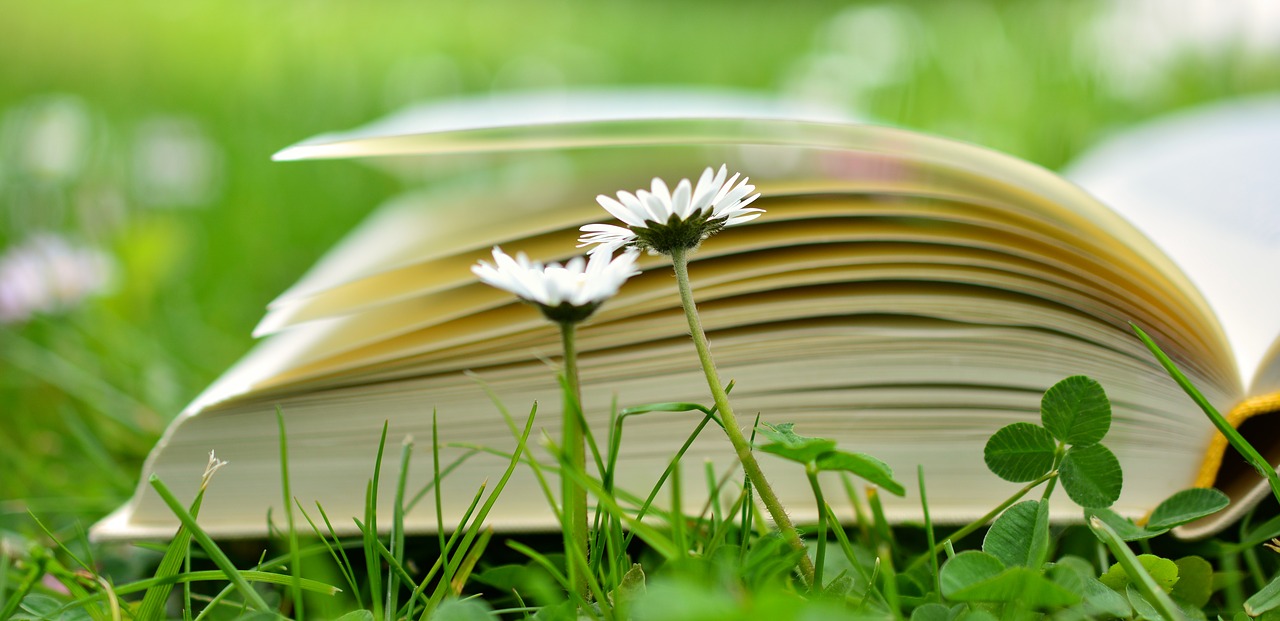Environmental Humanities Reading Group
The Environmental Humanities Reading Group is an online event, which takes place Mondays throughout the semester, once to twice a month. The aim of the group is to discuss and express opinions about critical issues within the environmental humanities.
Additionally, one of the core objectives of the group is to read a broad variety of material within the environmental humanities.
Selected new material within the field of the environmental humanities ranges from book chapters, journal articles, poetry to opera texts and more. These excerpts are usually distributed one week in advance. When possible, the authors of the literature being read are invited to join the discussion. Please note that sometimes the time of the meeting will be changed for special events to accommodate authors in different time zones.
For information on how to join the reading group and for the full list of materials covered in each event, please contact Regina Bichler at regina.bichler@campus.lmu.de or Sevgi Mutlu Sirakova at ucfamut@alumni.ucl.ac.uk.
Upcoming Events
- 7 April 2025, 18:00 (CET): Julie Guthman. The Problem with Solutions: Why Silicon Valley Can’t Hack the Future of Food. University of California Press, 2024.
“A concise and feisty takedown of the all-style, no-substance tech ventures that fail to solve our food crises.
Why has Silicon Valley become the model for addressing today’s myriad social and ecological crises? With this book, Julie Guthman digs into the impoverished solutions for food and agriculture currently emerging from Silicon Valley, urging us to stop trying to fix our broken food system through finite capitalistic solutions and technological moonshots that do next to nothing to actualize a more just and sustainable system.
The Problem with Solutions combines an analysis of the rise of tech company solution culture with findings from actual research on the sector’s ill-informed attempts to address the problems of food and agriculture. As this seductive approach continues to infiltrate universities and academia, Guthman challenges us to reject apolitical and self-gratifying techno-solutions and develop the capacity and willingness to respond to the root causes of these crises. Solutions, she argues, are a product of our current condition, not an answer to it.” (University of California Press)
About the Author
Julie Guthman is a geographer and Distinguished Professor Emerita in sociology at UC Santa Cruz. Her previous books include Wilted: Pathogens, Chemicals, and the Fragile Future of the Strawberry Industry (University of California Press, 2019).
Notable Past Events
- 27 January 2025, 15:00 (CET): Elisabeth Abergel. Dead Meat: Competing Vitalities, Cultivated Meat Imaginaries, and Anthropocene Diets. Palgrave-Macmillan, 2024.
- 16 December 2024, 15:00 (CET): Sayantan Chakraborty. “Traditional Land, Postcolonial Development, and Indigenous Ecocriticism in Esther Syiem’s poems.” Journal of Postcolonial Writing 60, no. 3 (2024). https://doi.org/10.1080/17449855.2024.2337734.
- 31 October 2024: Nicola Twilley. Frostbite: How Refrigeration Changed Our Food, Our Planet, and Ourselves. Penguin Press, 2024.
- 7 October 2024: Alexander Dunlap, Lisa Hammelbo Søyland, and Shayan Shokrgozar, eds. “Editorial Introduction: Situating Debates in Post-Development & Degrowth.” In “Debates in Post-Development and Degrowth: Volume 1.” Special issue, Tvergastein Journal (2021): 7–32.
- 2 September 2024: John Barry. “Economic Growth, the Colonisation of Ireland, and the Decolonisation of Political Economy.”
- 15 July 2024: Maximilian Feichtner. The Metamorphosis of the Amazon: An Environmental History of Oil Extraction in Ecuador. Cambridge: Cambridge University Press, 2023. doi.org/10.1017/9781009343053.
- 27 May 2024: Stefanie R. Fishel. The Microbial State: Global Thriving and the Body Politic. Minneapolis: University of Minnesota Press, 2017. https://www.upress.umn.edu/book-division/books/the-microbial-state.
- 15 April 2024: Jenny Price. “Stop Saving the Planet!—and Other Tips via Rachel Carson for Twenty-First-Century Environmentalists.” Perspectives, no. 7 (2012): 11–30. springs-rcc.org/stop-saving-the-planet-and-other-tips-via-rachel-carson-for-twenty-first-century-environmentalists/.
- 19 February 2024: Maya Hey. “Communicating with the Microbial Other: Reorienting Humans and Microbes in Polylogue.” Global Media Journal — Canadian Edition 15, no. 1 (2023): 11–25. doi.org/10.17605/OSF.IO/CXM83.
- 15 January 2024: Bettina Stoetzer. Ruderal City: Ecologies of Migration, Race, and Urban Nature in Berlin. Durham: Duke University Press, 2022.
- 16 October 2023: Simone Müller. The Toxic Ship: The Voyage of the Khian Sea and the Global Waste Trade. Seattle: University of Washington Press, 2023.
- 18 September 2023: Juno Salazar Parreñas. Decolonizing Extinction: The Work of Care in Orangutan Rehabilitation. Durham: Duke University Press, 2018.
- 14 August 2023: Irus Braverman. Settling Nature: The Conservation Regime in Palestine-Israel. Minneapolis: University of Minnesota Press, 2023.
- 31 July 2023: Weihong Bao. “Set Design Thinking and the Art of the Human.” Critical Inquiry 49, no. 3 (2023): 428–61. https://doi.org/10.1086/723722.
- 5 June 2023: Diana Villanueva and contributing author Scott Slovic (with Lorraine Kerslake and Carmen Flys-Junquera). Imaginative Ecologies: Inspiring Change through the Humanities. Leiden: Brill, 2021.
- 22 May 2023: Lisa Doeland. “At Home in an Unhomely World: On Living with Waste.” Detritus, no. 6 (2019): 4–10. https://doi.org/10.31025/2611-4135/2019.13820.
- 8 May 2023: Gregg Mitman. Empire of Rubber: Firestone’s Scramble for Land and Power in Liberia. New York: The New Press, 2023.
- 24 April 2023: Christof Mauch. Paradise Blues: Traveling through the Nature and History of the USA (English version forthcoming).


